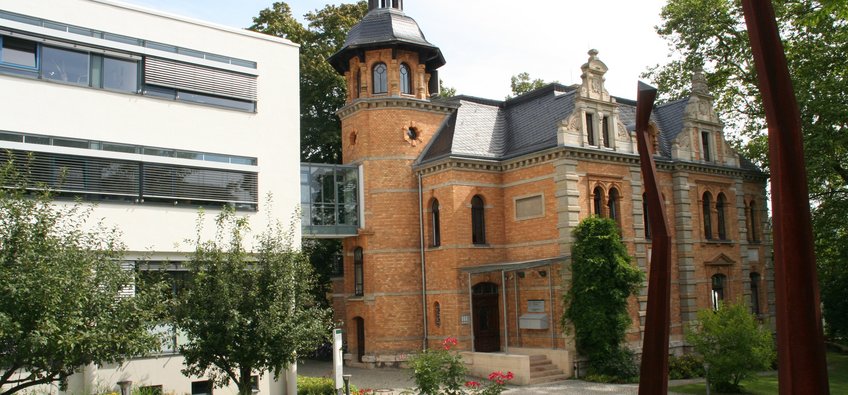
Max Planck Institute of Geoanthropology
Research at the Max Planck Institute of Geoanthropology focuses on the interrelationships between the geosphere and human-made systems. One of the central topics is human-ecosystem dynamics, for which data and expertise from climate research, biodiversity research and the social sciences are brought together. Inter- and transdisciplinary research projects also deal with urbanisation, the global food system and global material, energy and information flows. The key questions range from the deep past to the distant future and include the question of how humanity has driven the emergence of the Anthropocene and can still positively influence its course.
The Max Planck Institute of Geoanthropology emerged from the Max Planck Institute for the Science of Human History, which was founded in 2014. The Senate of the Max Planck Society decided to rename it in June 2022.
Contact
Kahlaische Str. 1007745 Jena
Phone: +49 3641 686-5
Fax: +49 3641 686-990
PhD opportunities
This institute has an International Max Planck Research School (IMPRS):
IMPRS for Modeling the AnthropoceneIn addition, there is the possibility of individual doctoral research. Please contact the directors or research group leaders at the Institute.






